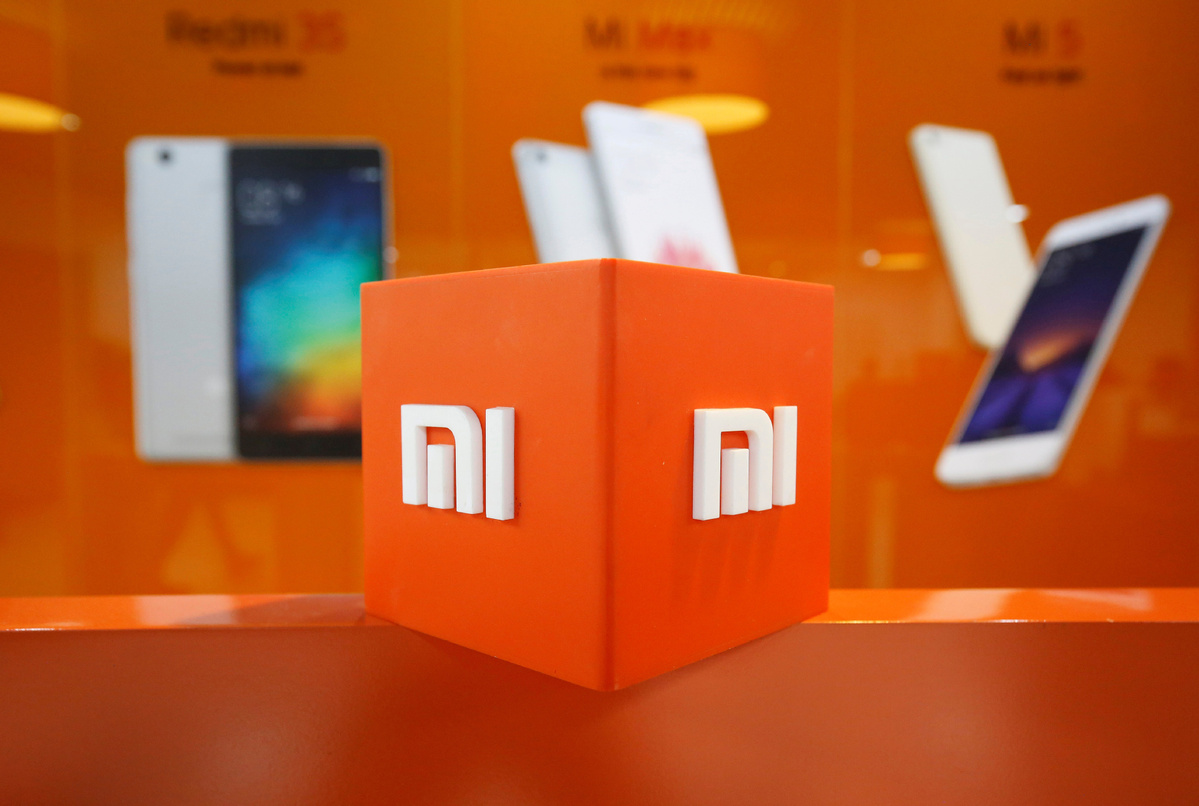Court blocks Trump ban on phone maker


Tying Chinese company to country's military 'deeply flawed', judge rules
A US federal judge blocked enforcement of the investment ban on Chinese smartphone maker Xiaomi that was set to take effect this week.
The US Department of Defense added Xiaomi, a consumer electronics company, to an investment blacklist for its alleged links to the Chinese military just before former US president Donald Trump left office in January.
Xiaomi, the world's third-largest seller of smartphones, denies any military links and sued to lift the ban, which would prohibit US citizens from investing in the company.
US District Judge Rudolph Contreras on Friday issued a preliminary injunction to halt the restriction, saying the designation of Xiaomi as a Chinese military company is "deeply flawed" and lacks "substantial evidentiary support".
The Defense Department presented two pieces of evidence. One was an award granted to Xiaomi's founder and CEO Lei Jun in 2019 for his service to the country, and the company's investment plans in 5G and artificial intelligence.
The judge dismissed the evidence, saying "5G and AI technologies are quickly becoming industry standard for consumer electronics devices, demonstrated by the fact that Xiaomi's key competitors provide smartphones equipped with 5G and AI features".
As for the award, more than 500 Chinese entrepreneurs, including leaders of a powdered milk and infant formula company, a chili sauce maker and a barley wine producer, have been recipients of the award since 2004.
"It seems implausible that these industries would be involved in the military-civil fusion that is of concern here," the judge said.
He added the opinion that Xiaomi is likely to win the lawsuit and it "will suffer irreparable harm in the form of serious reputational and unrecoverable economic injuries" if the ban is imposed.
Xiaomi said in a statement it was pleased with the court ruling and will continue to ask the court to remove the investment ban permanently.
The ruling is the latest courtroom setback in the Trump administration's crackdown on Chinese technology companies. Last year Trump issued executive orders banning US transactions with Chinese social-media apps TikTok and WeChat over "national security" issues. Two federal judges ruled in separate cases that the US government overstepped its authority.
Separately, the Commerce Department has a so-called entity list to restrict US companies from exporting computer chips and other components to companies on the list.
China's top chipmaker SMIC and DJI were among 60 Chinese companies added to the entity list in December. Companies previously included in the list were telecom equipment company Huawei Technologies and its 150 affiliates and ZTE Corp over sanctions violations.
Raising concerns
The Trump administration's blacklist policy against China has raised concerns from the US domestic semiconductor industry.
Those measures aimed to limit the growth of Chinese technology companies would put the business of the US semiconductor industry in China at risk, Leonard Lee, a technology industry analyst, told Fierce-Electronics in a recent article.
"This risk will very likely translate into less business and revenue and less market share for US semiconductor firms and diminished US leadership in the global semiconductor industry," said Lee. "This is a risk that needs to be very carefully contemplated and managed by the (Biden) administration."
To deepen understanding and trust between the two countries' semiconductor industries, a working group has been established by the China Semiconductor Industry Association and its US counterpart, the Washington-based Semiconductor Industry Association, or SIA.
Ten chip companies from each country will meet twice a year to discuss policies ranging from export curbs to supply-chain safety and encryption technology, a statement of the Chinese association said.
"This working group is about sharing public information regarding general trade matters," said the SIA, which represents companies like Intel Corp and Qualcomm Inc. "The SIA maintains regular dialogue with our industry counterparts around the world, including China, and this is part of that ongoing effort."

































